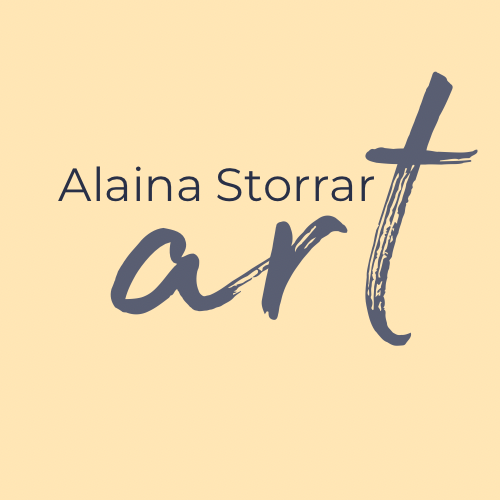Why Observational Drawing?
Ever wondered how to level up your drawing skills? My advice for improving is always ‘observational drawing’, so let’s dive into what it is and why it is so important.
This is not drawing from imagination, imitating other artists, or copying from photographs. Observational drawing is about feeling the weight, exploring the texture, and decoding colours to fully understand the subject you have chosen. You're not just gazing, you're absorbing every detail. This is a skill you can practise even when you don’t have drawing materials handy, a way to enhance your drawing ability whilst waiting in a queue, sitting on the bus, or chatting with friends!
So, why is observational drawing such a game-changer? Well, it’s not just looking, it's really seeing. It is searching for all of a subject’s hidden secrets, understanding how things fit together, figuring out how light reflects and shadows gather. It’s learning how to plan a drawing to get the best results. Practising careful observation, and then drawing what you see, will help you improve your accuracy and mastery of a subject. Fast.
Ready to dive in? Step one: pick a subject, any real thing around you. Hold it, study it, feel it’s texture, find an angle you like. If you are drawing a building or landscape, take a moment to study the nooks and cracks, the placement of trees, the fall of shadows.
Now get set up comfy, materials in arm's reach. Start sketching lightly, with loose fast lines that are easy to erase. Outline the main shapes, hunt for hidden shapes, capture all these on your paper. And never forget the golden rule: look at your subject more than you look at your drawing!
Once you have the basic structure of your drawing in place, it’s time to add the detail. Where are the lightest areas? The most shadowy? How can you represent this texture? How does the angle affect the shape? Are there any sections you don’t understand? Keep refining, matching what your eyes see rather than what your brain thinks it sees.
Feeling frustrated? No worries! Mistakes are the stepping stones to brilliance. Take a moment to analyse what went wrong, and let those slip-ups teach you.
Make this a daily habit, or as often as you can. It doesn’t need to take a long time, ten minutes a day is better than an hour once a week. The more you do, the faster you will see your skills take flight!




